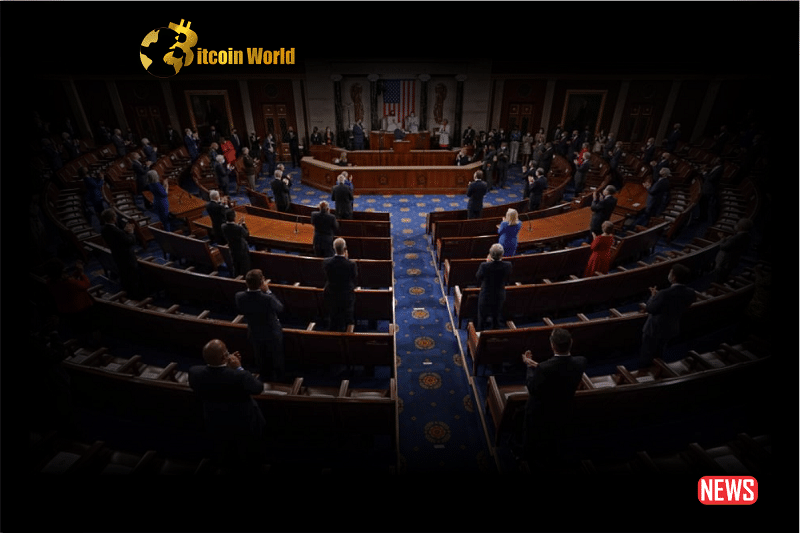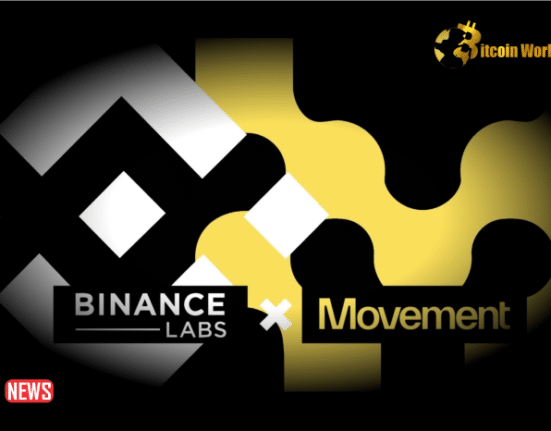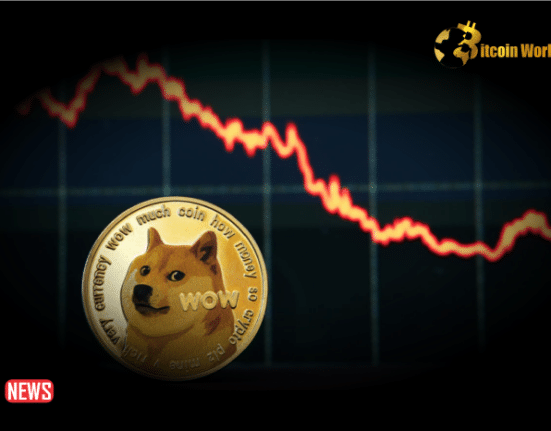In a significant step towards providing much-needed regulatory clarity for crypto firms, the United States House Financial Services Committee has approved two crucial bills. These bills aim to define the jurisdictional boundaries between the US securities and commodities regulators while easing guidelines for blockchain developers and service providers.
The first bill, the Financial Innovation, and Technology for the 21st Century Act, received a 35-15 majority vote in favor. This bill seeks to establish clear rules for crypto firms, determining when they should register with either the Commodity Futures Trading Commission (CFTC) or the Securities and Exchange Commission (SEC). Additionally, the bill outlines a process for firms to obtain certification from the SEC, affirming that their projects are adequately decentralized. This certification would enable them to register digital assets as digital commodities with the CFTC. Republican Congressman French Hill, Vice-Chairman of the House Financial Services Committee, expressed pride in the bill’s passage, noting that it provides robust consumer protections and encourages innovation within the United States.
The second bill, the bipartisan Blockchain Regulatory Certainty Act, is led by Republican Congressman Tom Emmer and Democratic Congressman Darren Soto. This bill removes hurdles and requirements for blockchain developers and service providers, including miners, multi-signature service providers, and decentralized finance (DeFi) platforms. Republican Representative Tom Emmer hailed the passage of this bill as a “huge win” for the United States. He highlighted that the Blockchain Regulatory Certainty Act clarifies the classification of blockchain-related entities as money transmitters. If passed in the House of Representatives, this bill will reassure the blockchain community that entities not involved in the custody of customer funds will not be considered money transmitters.
However, not all proposed legislation received unanimous support. The Digital Assets Market Structure bill faced opposition from both Republicans and Democrats. Democratic Representative Maxine Waters criticized the bill for being too accommodating to the crypto industry and ignoring regulatory guidance from the SEC. Waters emphasized the importance of existing securities laws, which have protected investors and supported capital formation for decades.
Despite the varied opinions and debates surrounding these bills, the fact that they have advanced through the House Financial Services Committee signals progress toward regulatory clarity for the crypto industry. The proposed legislation could play a crucial role in fostering innovation, safeguarding consumer interests, and positioning the United States at the forefront of the rapidly evolving world of cryptocurrencies and blockchain technology.















